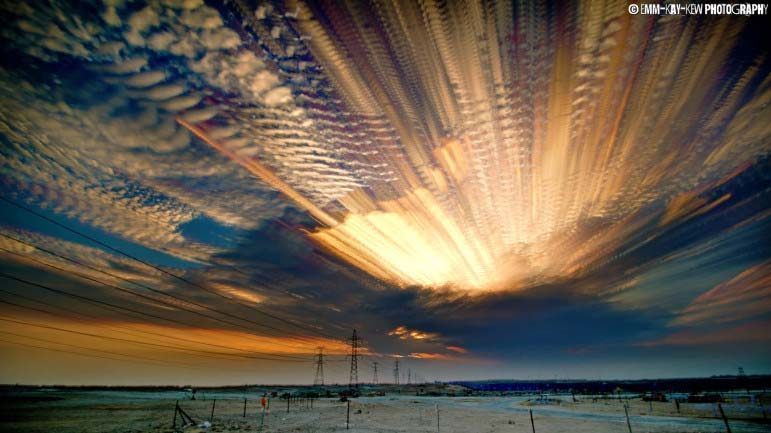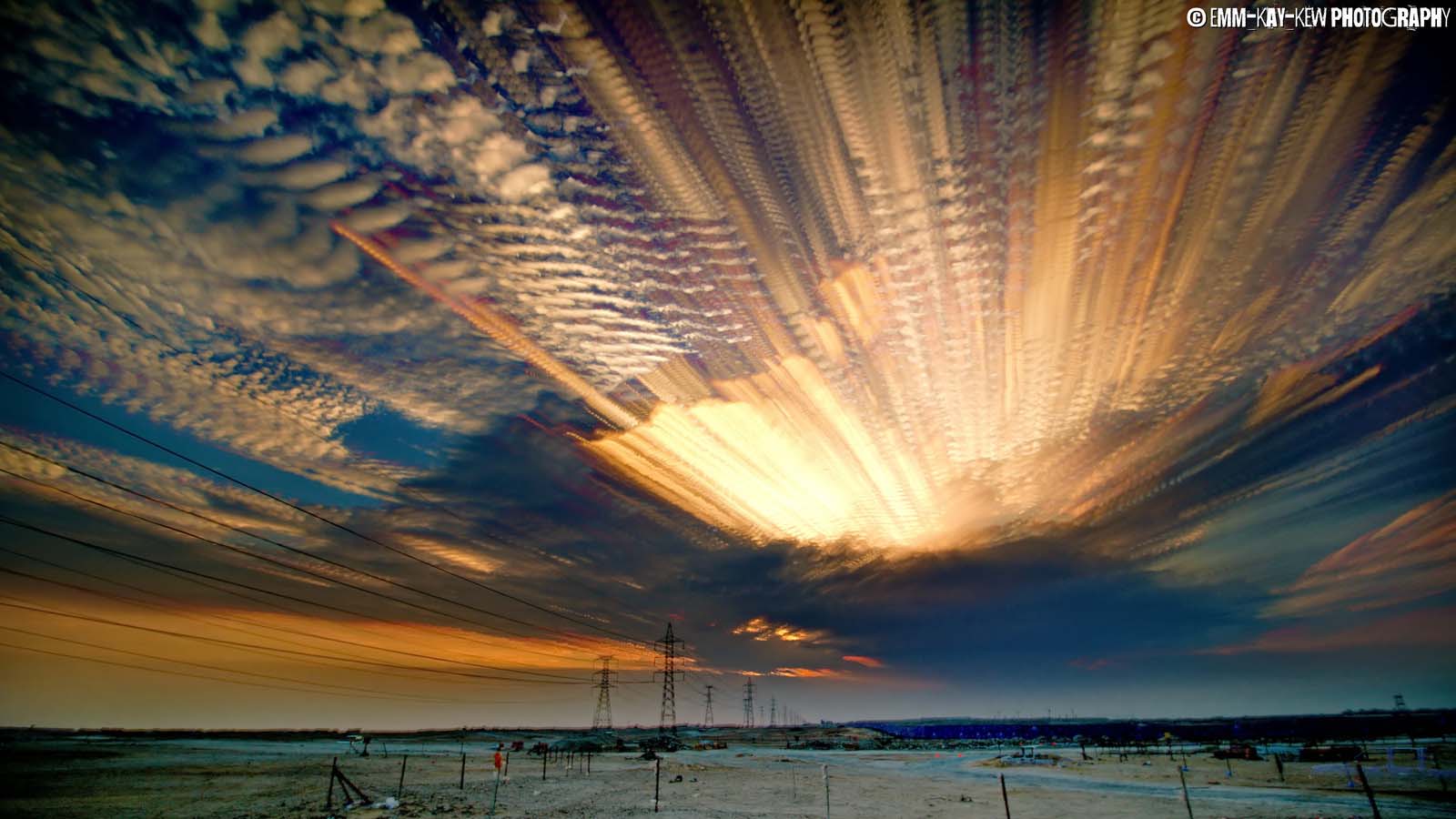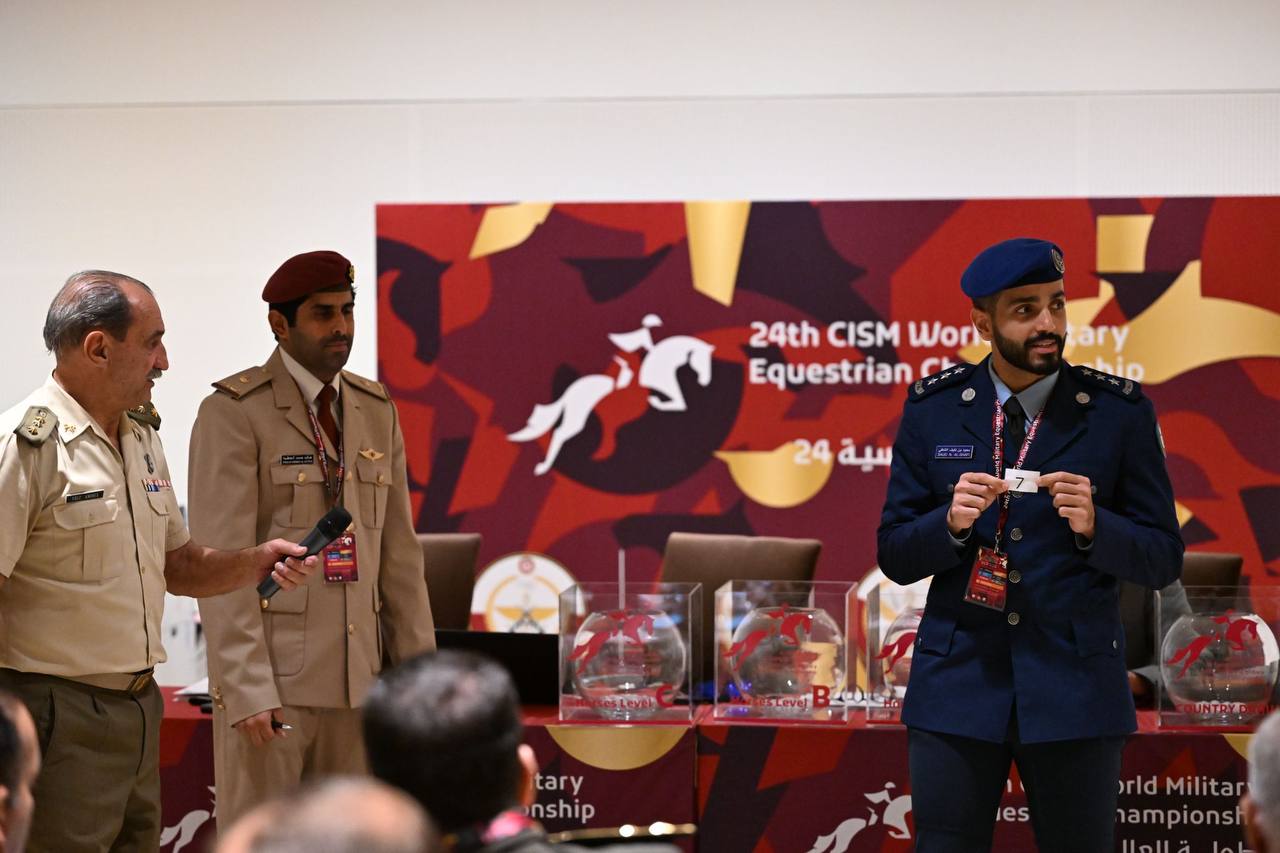
Qatar’s Armed Forces has signed a contract with Selex ES for a new air traffic control and defense system to protect the Gulf country against aerial attacks, QNA reports.
The Italian firm said that the agreement is “worth hundreds of millions of euros” and entails supplying Qatar with a system composed of a network of KRONOS radars and associated command and control centers.

On its website, Selex ES added that the contract was a result of “an intense competitive process” and also includes ground-based radars in fixed and mobile configurations, and an associated networked command and control center.
The move comes amid a rapid buildup in Qatar’s military defense over the past few years, to the tune of billions of riyals.
Some analysts have suggested the purchases have to do with warding off potential threats from Iran.
Others in the weapons industry, however, have argued that Qatar’s military spending has more do with garnering international respect.
Speaking to Doha News during last year’s military trade show DIMDEX, Nan Dang, vice-president of China Precision Machinery Import-Export Corp. (CPMIEC), a missile manufacturer, said:
“Every country that wants to have a booming economy must have a strong defense capability … (a nation without a powerful military) is like a building made entirely out of sand. There’s no strong foundation.”
Other deals
Selex Es, an Italian firm, was also one of more than 20 defense contractors who signed agreements with Qatar during DIMDEX.
According to trade publication MediTelegraph, Selex ES agreed to a QR1.7 billion (€340 million) deal to provide KRONOS air surveillance radars to protect Qatar against aerial and missile attacks.
It also signed a contract to supply a single surveillance radar for the Seaspray aerial platform, “the latest trend in airplane radar technology.”

Yesterday’s agreement to boost airspace defense was signed by during a visit to Doha by Italian Defense Minister Roberta Pinotti.
According to QNA, Selex ES is a key partner of the European country’s defense ministry. It is also no stranger to the region.
On its website, the firm said it has been working to improve security in neighboring Saudi Arabia for more than 30 years:
“Already an established supplier to the defence sector, providing the Kingdom with break-through technologies across the Space, Air, Land and Sea domains, Selex ES has more recently began to offer solutions to benefit markets as diverse as cyber security and information assurance, automated systems, air and vessel traffic management systems, ICT systems, homeland security and the protection of critical infrastructure.”
Thoughts?







